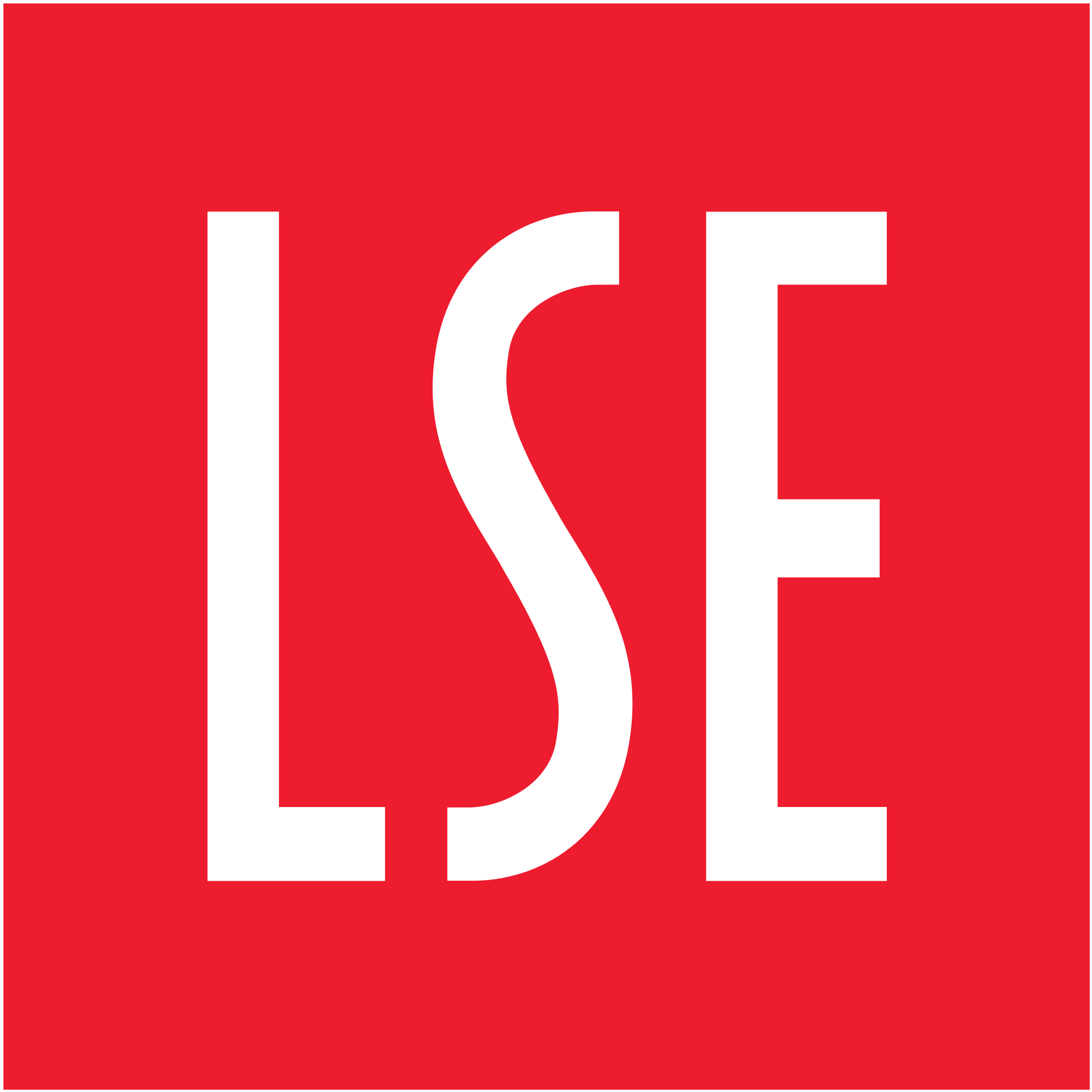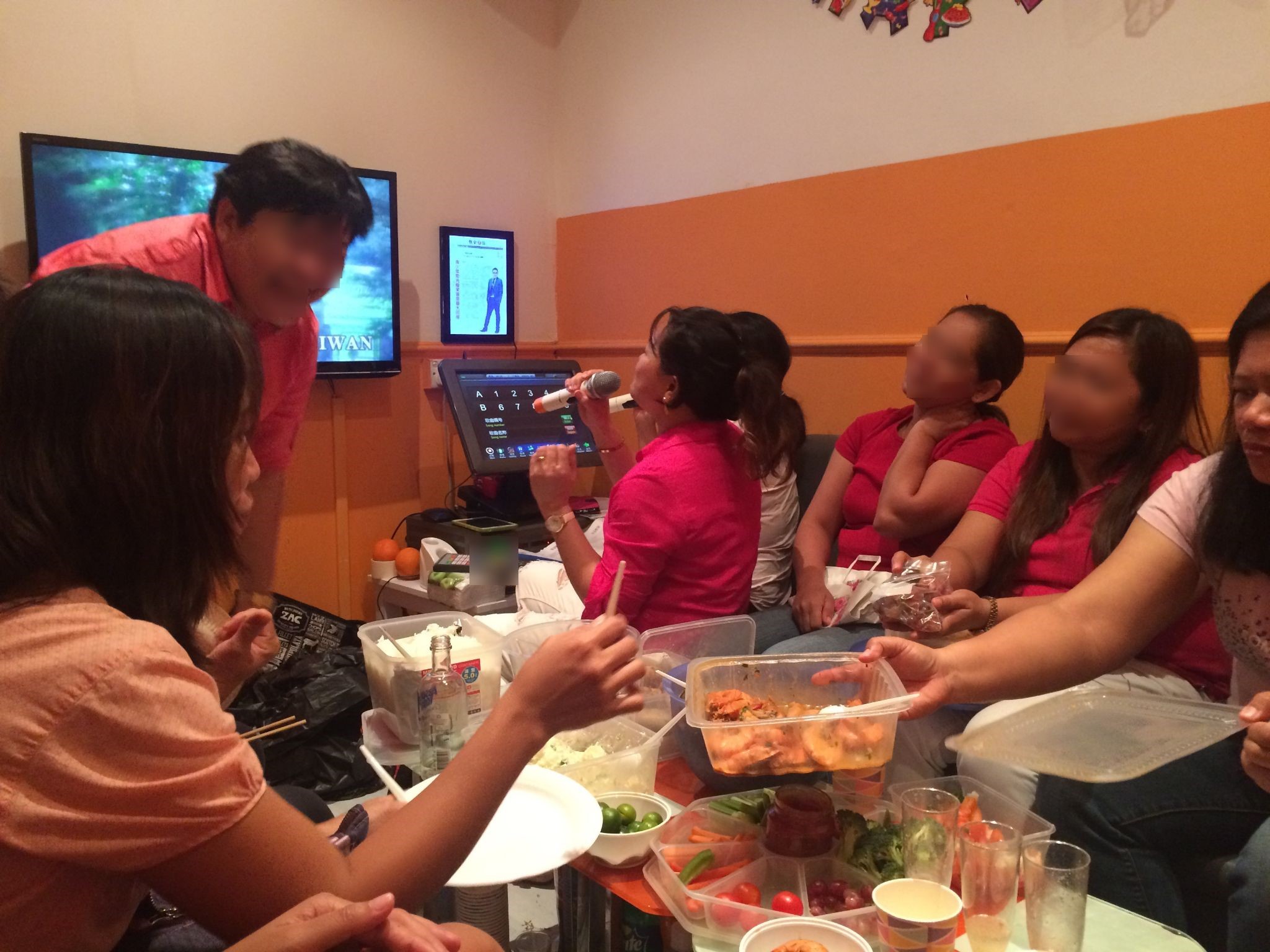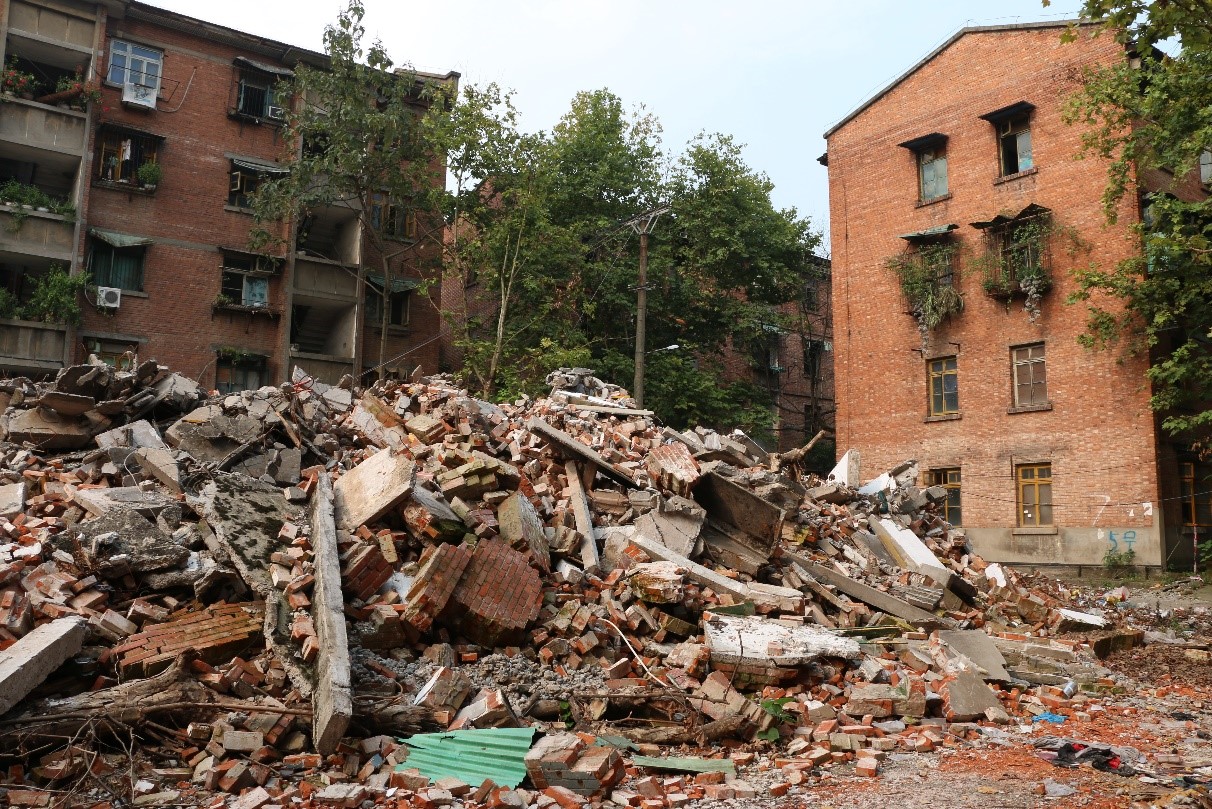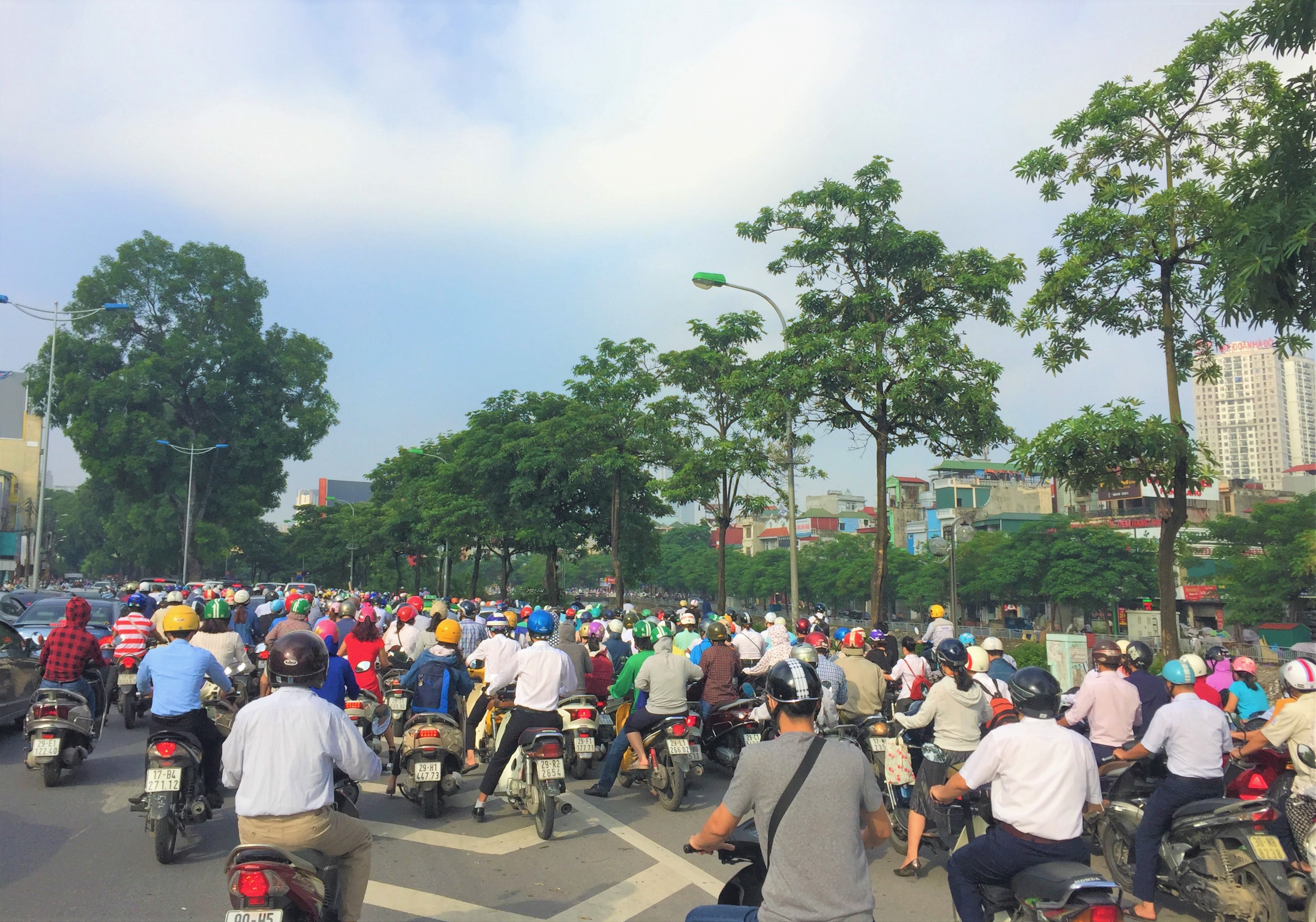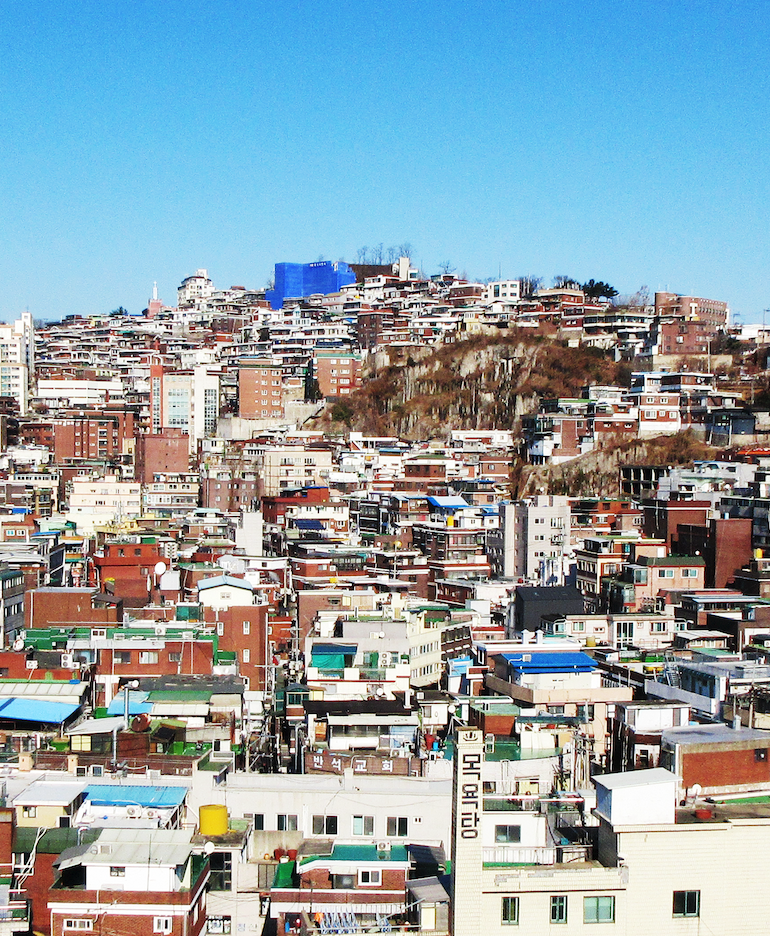The experience of conducting remote elite interviews during COVID-19 has helped me to reconsider the feasibility and benefits of employing remote research methods in future research projects. In the past, I was sceptical about the effectiveness of remote methods in producing knowledge, and the legitimacy and reliability of data collected from a distance. Nonetheless, through this experience I learned that participants can also be open and candid during phone interviews, producing both rich data and very engaging conversations, writes Joanna Octavia
_______________________________________________
The COVID-19 pandemic outbreak has halted events worldwide, interrupting various activities including field research in developing countries. Researchers around the world are shifting to physically-distanced research formats, adopting remote research methods to make up for the inability to collect data face-to-face.
The restrictions on close contact had inadvertently posed a challenge to my PhD fieldwork, which had taken place in Jakarta, Indonesia, from November 2019 to August 2020. My doctoral research looks at the organisation and mobilisation of platform-based motorcycle taxi drivers. As part of my fieldwork, I had hoped to meet and conduct face to face interviews with key actors within the labour movement of the motorcycle taxi industry, which included union and government officials. However, given the evolving COVID-19 situation, mobility restrictions and health precautions, meeting in person proved to be challenging, if not impossible.
Even outside of the context of COVID-19, interviews with experts and elite figures are considered to be challenging. These interviewees are typically chosen for their role and expertise in, or knowledge of, the subject matter (Liu, 2018). However, due to their position and proximity to power, experts and elites are typically more difficult to access compared to other social groups (Desmond, 2004; Liu, 2018). Much has been written about the challenges associated with interviewing people with elite position or status, including gaining access and establishing trust (Liu, 2018). Given the sensitivity of some research topics, face-to-face interviews generally allow researchers to better assure experts and elite figures that any information they provide will be treated anonymously and confidentially (Harvey, 2011).
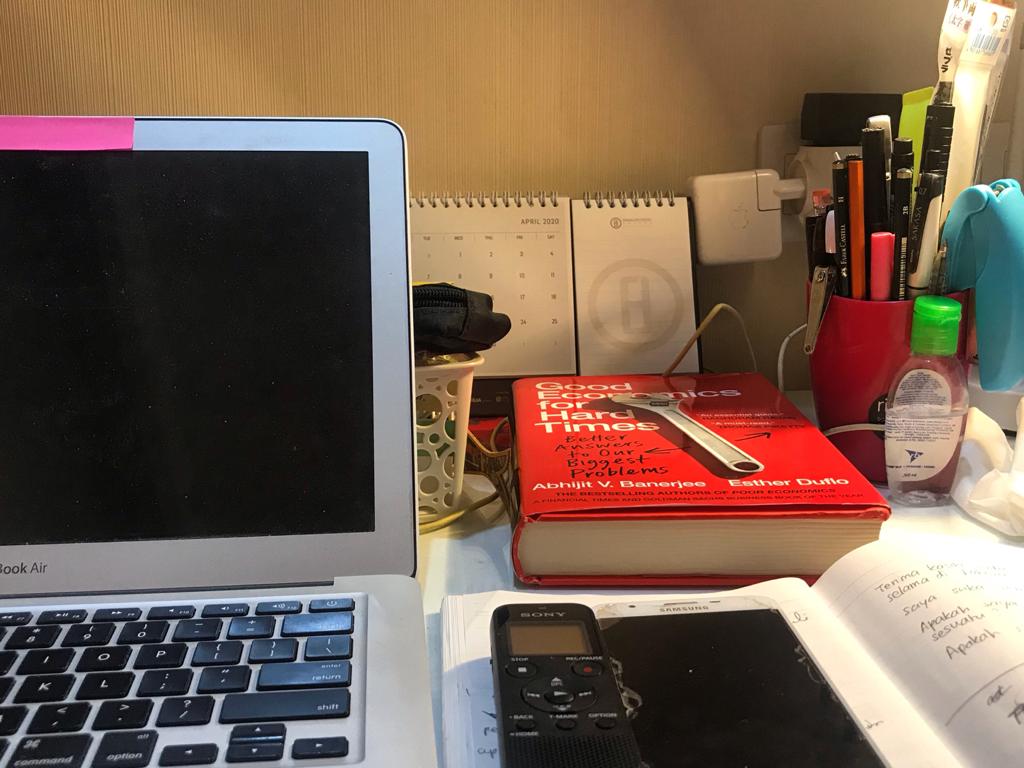
During the pandemic, these existing challenges were compounded by the difficulty of following local customs and protocols for interacting with authority figures. Indonesian culture, in particular, places importance on honouring a person who is older or who is in a superior position. This cultural norm is often referred to as “Bapakism”, which stemmed from the word Bapak – a word that means father in the Indonesian language, as well as an honorific used to refer to an older man or a person of authority. Drawing from my experience living and working in the country for 22 years, traces of the paternalistic “Bapakism” as a cultural norm do permeate many aspects of social and political life. Therefore, in the context of conducting research, it is considered respectful for a researcher to take the time to organise, travel, and meet experts or elite figures face-to-face.
During my fieldwork, interviews with experts and elite figures were scheduled to take place during the height of the pandemic. The inopportune timing was exacerbated by the fact that organisations and government institutions everywhere were overwhelmed by the pandemic and its associated consequences. Further, the public health emergency meant that I could not follow local customs and meet with my research participants in person. Instead, I had to re-strategise and revisit my methods. In the process of doing so, there were two things that helped me overcome this challenge: first, relying on my existing networks, and second, managing my digital identity.
It takes a village…to locate and contact experts and elite figures
One of the challenges of conducting field research in a developing country is developing and maintaining local contacts. PhD fieldwork, in particular, is often characterised by the short period of time spent in the field, which makes it challenging for researchers to establish a relationship with the host communities they are studying. A key advantage that I had was my familiarity with the country and my knowledge of the language and local customs. Nonetheless, prior to starting my PhD, my interactions with some of the organisations and institutions I wished to study were limited. As such, it was not immediately clear who the experts and elites were, and how I could locate and contact them. Logistical challenges arising from the pandemic also meant that I was unable to physically visit the sites where I could encounter potential research participants.
Developing good local contacts was, fortunately, one of the things I had done before leaving the UK for Indonesia at the end of 2019. Before the fieldwork commenced, I had the opportunity to establish contact with several organisations that I was referred to by a friend whom I had met back in the UK. Moreover, I had applied for, and was granted, a visiting fellowship placement at a local think tank in Jakarta. While I was there, my colleagues helped me to contextualise my research, provided information on individuals and organisations I could consult with, and made introductions. As my research progressed, all of these relationships proved to be invaluable source of support. Without them, I would not have been able to accomplish parts of my fieldwork.
Furthermore, snowball sampling and establishing good rapport with my early research participants helped me to identify who the relevant experts and elites were. In the course of our interactions, the platform-based motorcycle taxi drivers I interviewed had been instrumental in helping me identify, locate, and contact the key figures that I should be interviewing next. Several of them generously offered me names of people that I should be engaging as part of my study, including those that I hadn’t mapped out prior to our conversations. They even provided me with the contact information of the stakeholders that they had interacted with in the past, some of whom I eventually interviewed for this research.
Consistent with what was suggested by Odendahl and Shaw (2001), interviewing experts and elites seemed to require a combination of strategies that include, but are not limited to, ingenuity, social skills, and contacts.
Managing my digital identity
Several scholars, such as Stephens (2007), asserted that conducting phone interviews with elite figures may be considered as a valid research option. However, as someone who is from the country, I intuitively understood that conducting face-to-face interviews would be much preferable, and considered as more courteous, by the experts and elite figures compared to other interview methods. This meant that the challenges I faced were twofold: accessing the interviewees, and ensuring that they would agree to be interviewed.
I had initially considered two alternatives to face-to-face interviews with experts and elite figures. Video conference calls, which have grown in popularity during the pandemic, were a feasible alternative given their relative ease of use and cost-effectiveness (Archibald et al., 2019). However, concerns over internet availability and technical difficulties, as well as the busy schedules of the research participants during COVID-19, led me to decide on a communication tool that would require the least amount of preparation on their part. Since phone interviews are considered a valid and productive alternative to face-to-face interviews, with very little difference between the two modes of interview, I eventually decided on proposing phone interviews to experts and elite figures (Stephens, 2007; Vogl, 2013). However, I sought to prepare for these interviews carefully.
A crucial part of my preparation was the organisation of my identity in the digital world, since the research participants would not be able to confirm my identity in person. For this purpose, I ensured that my PhD profile on my university website was updated with the latest information. Furthermore, I also used my official university email when corresponding with them. These efforts were successful in building trust between the research participants and me. One interviewee commented during the phone interview:
“If you hadn’t linked me to your university (website) and did not use your (university) email to send me an email, I would have definitely ignored your request.” (Government official 3, fieldwork interview, 19 June 2020)
Conclusion
My PhD fieldwork experience was one example of the many challenges experienced by researchers who have had to rely on remote methods of data collection at the time of COVID-19. Conducting the research in a country and context that I am familiar with certainly had made the research process much easier. Nonetheless, a key takeaway from this experience is the importance of employing both “traditional” as well as “new” approaches to research when conducting interviews with experts and elite figures. These approaches are, firstly, leveraging existing social networks, and secondly, ensuring that research participants are able to access and verify a researcher’s digital identity.
The experience of conducting remote elite interviews during COVID-19 has helped me to reconsider the feasibility and benefits of employing remote research methods in future research projects. In the past, I was sceptical about the effectiveness of remote methods in producing knowledge, and the legitimacy and reliability of data collected from a distance. Nonetheless, through this experience I learned that participants can also be open and candid during phone interviews, producing both rich data and very engaging conversations. Given the versatility of remote research methods, as well as my current distance from the field site, I am keen to explore and try out other methods in the future.
Among many others, the pandemic has taught researchers that constraints can be good for innovation. Pivots to remote research during COVID-19 have shown us that there are many other alternative research methods – ranging from digital tools such as WhatsApp to non-intrusive techniques like online diaries – that researchers could consider in the absence of face-to-face interactions. But while communication technologies have played a significant role in enabling me to adapt my plans, my fieldwork experience taught me that the most important part of research is still the comfort, safety, and confidentiality of the people that I am researching. The kindness and generosity of the experts and elite figures involved in this study, all of whom were willing to accommodate my requests, have been crucial to the success of my research process. For that, I am very grateful.
All in all, this article has discussed how breaking local customs was not easy and could lead to some uncomfortable encounters. But what the pandemic has shown us is that conducting field research requires a high degree of flexibility and adaptability, especially when an unforeseen event such as the COVID-19 pandemic forces us to reorient and recalibrate our research methods.
References
Archibald, M. M., Ambagtsheer, R. C., Casey, M. G., & Lawless, M. (2019). Using Zoom Videoconferencing for Qualitative Data Collection: Perceptions and Experience of Researchers and Participants. Qualitative Methods, 18. https://doi.org/10.1177/1609406919874596
Desmond, M. (2004). Methodological challenges posed in studying an elite in the field. Area, 36, 262-269.
Harvey, W. S. (2011). Strategies for conducting elite interviews. Qualitative Research, 11(4), 431-441.
Liu, X. (2018). Interviewing Elites: Methodological Issues Confronting a Novice. International Journal of Qualitative Methods, 17(1), 1-9.
Odendahl, T. & Shaw, A. M. (2001). Interviewing Elites. In Jaber F. G. & James A. H. (Eds.). Handbook of Interview Research. New York: SAGE Publications.
Stephens, N. (2007). Collecting data from elites and ultra elites: telephone and face-to-face interviews with macroeconomists. Qualitative Research, 7(2), 203-216.
Vogl, S. (2013). Telephone Versus Face-to-Face Interviews: Mode Effect on Semistructured Interviews with Children. Sociological Methodology, 43(1), 133-177.
_______________________________________________
About the research
Unwritten local customs and protocols in Indonesia dictate that face-to-face interviews are considered more courteous and trustworthy, in particular when interviewing “elites” – experts or prominent figures in society. However, given the evolving COVID-19 situation, mobility restrictions and health precautions, pursuing social courtesy was not always possible. The author found that leveraging on existing social networks and maintaining a digital identity could help in navigating and overcoming this dilemma.
For citation: Octavia, J. (2021) What happens when you break local customs? Conducting “elite” interviews at a time of COVID-19. Field Research Methods Lab at LSE (24 May) Blog entry. URL: https://blogs.lse.ac.uk/fieldresearch/2021/05/24/what-happens-when-you-break-unwritten-local-customs-conducting-elite-interviews-at-a-time-of-covid-19/
*The cover image is copyright of the Author
